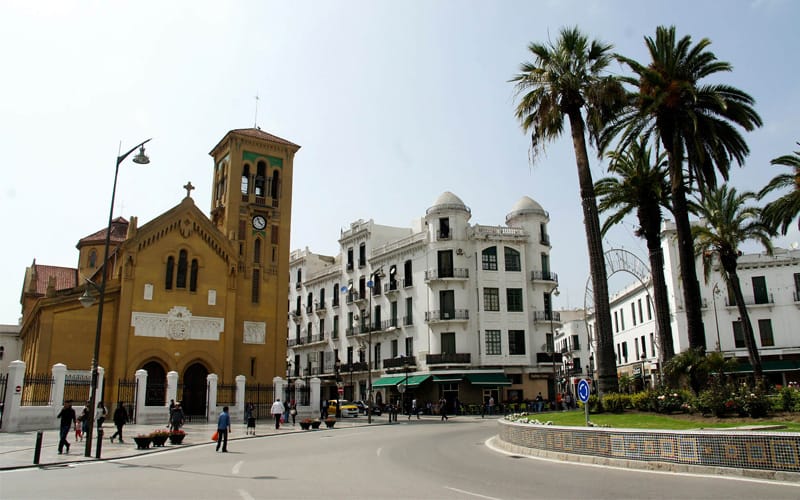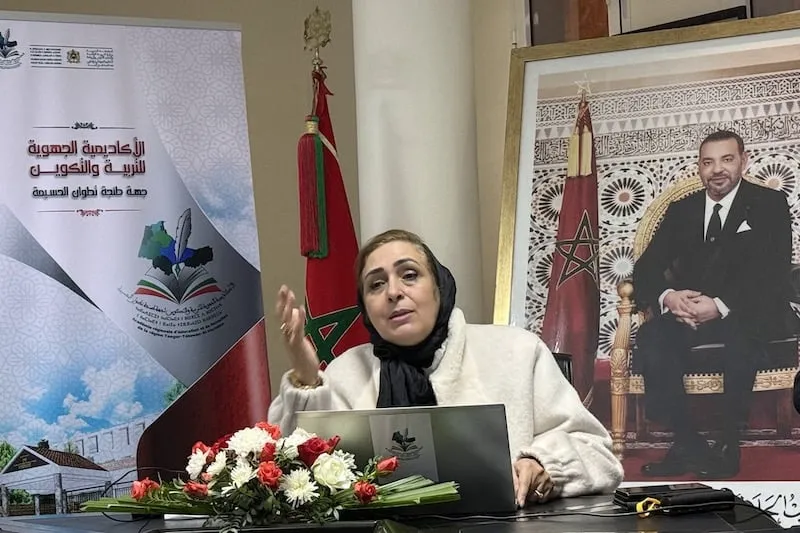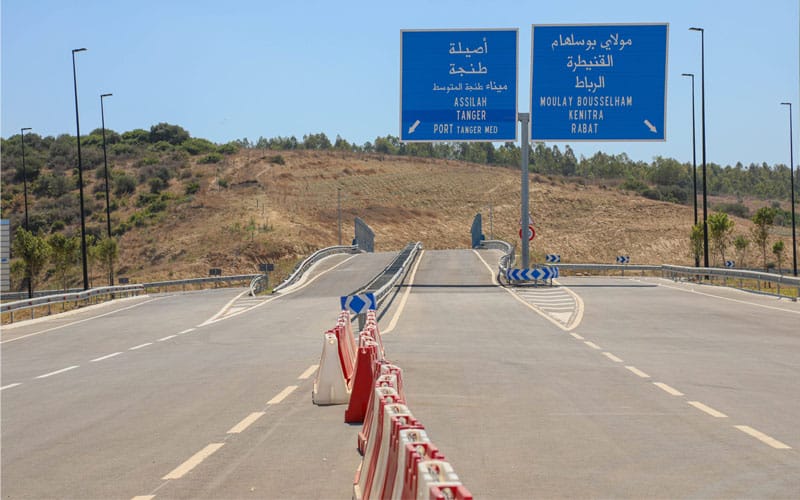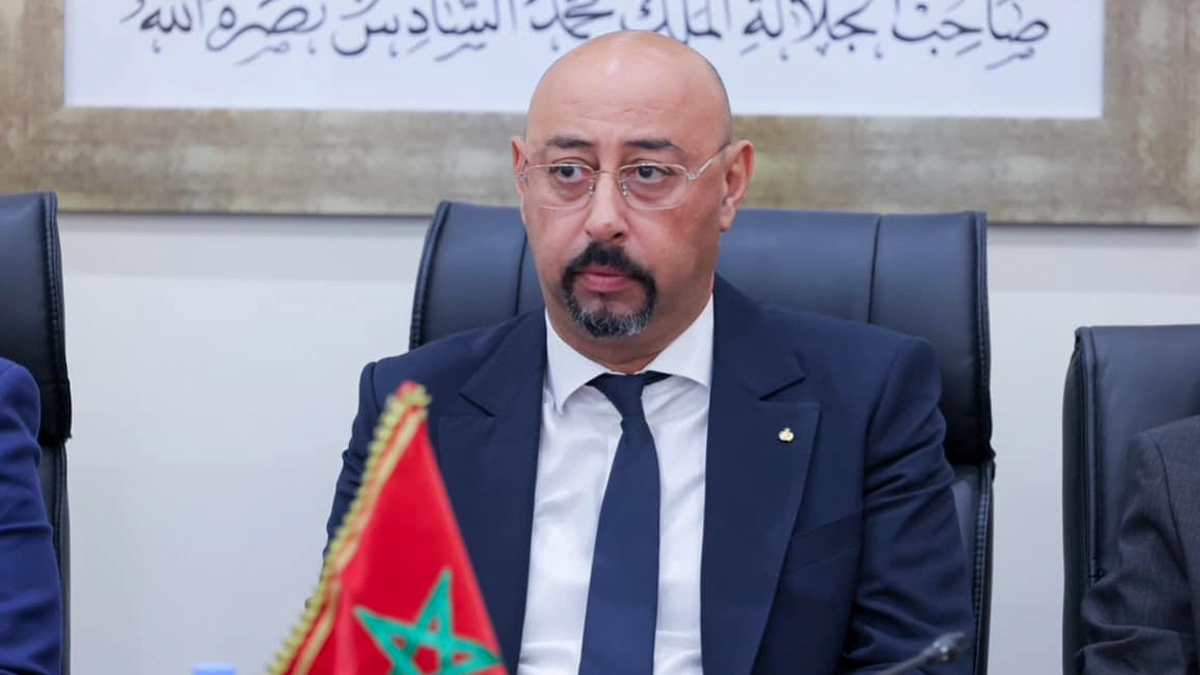In coordination with the General Directorate of Territorial Surveillance, the judicial police in Casablanca seized 23,500 narcotic pills on the evening of Friday, November 14. Two individuals suspected of being involved in the possession and distribution of drugs and psychotropic substances were arrested.
The first suspect was apprehended in a neighborhood of Casablanca in the act of possessing and distributing drugs. A subsequent search of the vehicle he was using resulted in the seizure of 23,500 pills of Ecstasy and Rivotril, along with 400 grams of cocaine.
The search also revealed that he had in his possession 7.7 kilograms of hashish and 5 kilograms of cannabis, as well as a sum of money believed to be proceeds from this criminal activity.
Ongoing investigations by the judicial police have led to the identification of another individual suspected of being linked to this criminal activity. He was arrested, and a vehicle believed to have been used in the commission of these crimes was discovered.
Both suspects are currently under police custody while the investigation, supervised by the competent public prosecutor’s office, continues to determine any further extensions of this criminal activity and to uncover all related criminal acts attributed to the individuals involved.
Source
















